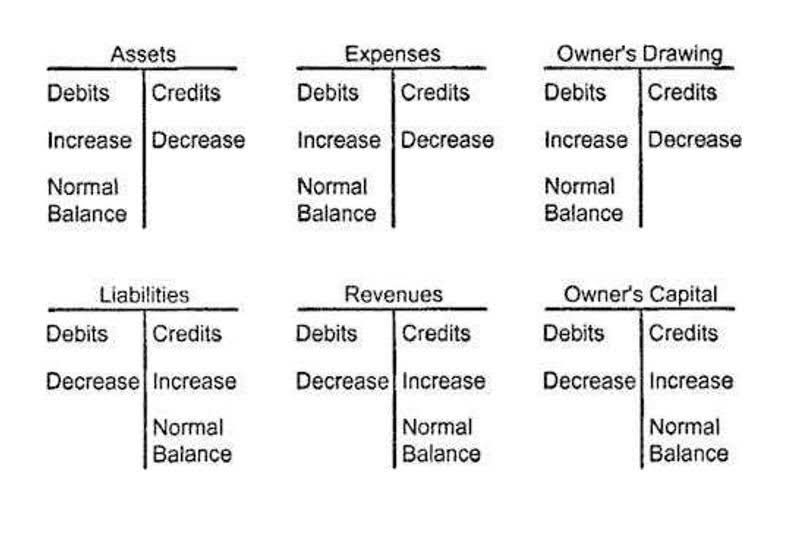
Creating an accurate cash flow projection report is a multifaceted process. It requires a clear understanding of work-in-progress accounting, a solid base of historical data, and careful estimation of future financial activities. By effectively implementing these steps, construction firms can develop robust cash flow projections, leading to better financial planning and project success. Legal protection within contracts is crucial for safeguarding the interests of all parties involved. Contracts must not only outline the financial aspects but also adhere to legal standards and regulations.

ways construction companies can improve cash flow
- Examples like Invoice Simple templates offer free Microsoft Word invoice templates that are customizable and handy for immediate use.
- By factoring in these variances and contingencies, construction companies create a buffer to mitigate potential financial risks and uncertainties.
- Construction businesses might have to turn to loans, overdrafts, or invoice financing to manage cash flow.
- This skill allows you to determine the worthiness of a potential project or the financial performance of a current one.
- Remember, these best practices are based on industry standards and guidelines and can help you optimize cash flow management in your construction projects.
- When managing a construction project, general contractors and their teams need to be more efficient, which is why they use construction project management software.
These tasks should represent the activities that need to be completed during the construction process. This hierarchical diagram captures all the deliverables in the project and the tasks or activities needed to complete them. While the above tips work in any CARES Act structured AP process, tools like Planyard can take your efficiency to the next level by consolidating these best practices under one digital roof.
- Here is an example of a project cash flow statement for a hypothetical project.
- Work with flexibility and security—from small projects to large-scale processes and entire portfolios.
- They can alert project managers about potential negative cashflow, enabling preemptive measures to mitigate the impact.
- These include project duration, payment terms, contract variations, and unforeseen events such as weather delays or design changes.
- This forecast also displays the project’s revenue and a schedule of when you will receive that revenue.
- Deviations from the agreed-upon terms can lead to disputes, payment delays, or even legal issues, impacting the project’s cash flow and overall progress.
Ready to transform your procurement processes?

It helps to prevent the contractor from loading the price at the start of the contract. Most of the time, the projects that use an expensive site preparation apply this strategy. When it comes to creating and maintaining cash flow projection Grocery Store Accounting reports, specificity and thoroughness in the initial setup are key.
- Construction companies need a steady flow of income to ensure that their projects and day-to-day operations are properly funded.
- If, for instance, you made $30,000 in sales at a given period and you spent $25,000 to fund your operations and other business endeavors (e.g., marketing), your cash flow for that period is $5,000.
- You can also sync your bank accounts and credit cards with QuickBooks, and automatically record and categorize your transactions.
- Cash flow in construction refers to the movement of funds into and out of a construction project over a specific period.
- By leveraging these advancements, businesses can optimize cash flow, reduce financial risks, improve decision-making, and ultimately enhance the overall financial health of their construction projects.
- It enables the business to predict its future financial position and make informed decisions accordingly.
- Accurately forecasting and managing cash flow becomes paramount in such situations to ensure the project’s financial sustainability mirrors its environmental sustainability.
Project Cash Flow Analysis in Project Management
During the course of a project, you can compare the amount of money that you receive in payment versus the amount of money that you spend on materials and labor. This will help you stay on budget as well as manage your contractor and subcontractor expenses. From the perspective of stakeholders such as investors, lenders, and clients, cash flow reporting offers transparency and accountability.
- Shopping around for the best deal for supplies and materials can help boost your cash flow especially if you finance your purchases rather than pay with cash.
- This would result in a positive cash flow during the construction phase, but a negative profit at the end of the project.
- Learn about the Construction Industry Scheme and your legal responsibilities, and find out about the new VAT reverse charge for construction.
- If the business has any loans or additional financing, negative cash flow can cause banking defaults and penalties.
- Sustainability is increasingly important, with construction companies adopting green practices that yield financial benefits.
Accurately forecasting and managing cash flow becomes paramount in such situations to ensure the project’s financial sustainability mirrors its environmental sustainability. Cash flow projection reports should be prepared by individuals who have a thorough understanding of both the project schedule and the budget. This is typically the responsibility of the project manager or project executive. Their dual expertise ensures that projections are construction cash flow realistic and closely aligned with the project’s actual progress and financial status. Understanding the interplay between the project’s timeline and budget is key to predicting cash flow needs accurately, allowing for adjustments as the project evolves. Calculating cash flow projections in construction requires a detailed understanding of the project’s budget, schedule, and the rate of work progression.


By fostering open communication and collaboration, construction companies can gather valuable insights and perspectives from diverse stakeholders. Implementing specialized cash flow software tailored for construction management is instrumental in enhancing financial processes. This software is designed specifically to manage and forecast cash flows within construction projects. It streamlines the entire forecasting process, offering functionalities that improve accuracy by considering project-specific variables, historical data, and potential risks. These tools provide a comprehensive overview of cash flow, enabling more informed financial decisions throughout the project lifecycle. Adaptation and adjustment of forecasts based on real-time project progress are crucial for effective financial planning.
